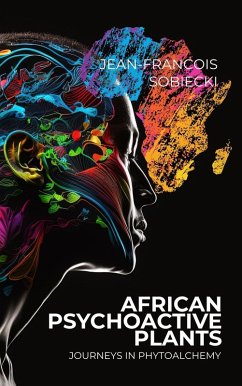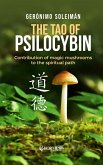Sobiecki also demonstrates that there is a cross cultural technology of using the same categories of initiation plants by both the African traditional healers and Amazonian curandero healers, in order to take the initiate traditional healer through a process of self-enquiry, self-development and potential self-mastery.
What does this tell us about psychoactive plants ability to heal the mind, and how does this psychoactive plant technology extend to other areas of the world?
Following his 15 year apprenticeship with his teacher, Northern Sotho diviner, Mrs. Letty Maponya, Sobiecki gives an account of his plant medicine initiation in becoming an Inyanga or traditional herbalist, and the insights he learnt about healing along the path.
African Psychoactive Plants is a foundational text that offers practical guidance on shamanic dietas and informs the reader of how one can engage and apply the four major categories of initiation plant medicines - a must have for any initiate or practicing healer as well as the spiritual seeker. The book highlights African and other global psychoactive plants indispensable for boosting health, cognitive performance and well-being, outlines steps and stages involved in the African traditional medicine initiation, as well as elaborating on the use of African plant teacher medicine called ubulawu such as Silene Capensis or the Xhosa dream root to enhance dreaming and divination.
Join Sobiecki on his Phytoalchemy Journey as he unlocks the healing gifts of the African psychoactive plants, the vision he has of creating healing gardens to conserve these invaluable plants into the future, and the plants role in creating an integrated planet.
Dieser Download kann aus rechtlichen Gründen nur mit Rechnungsadresse in A, B, CY, CZ, D, DK, EW, E, FIN, F, GR, H, IRL, I, LT, L, LR, M, NL, PL, P, R, S, SLO, SK ausgeliefert werden.









